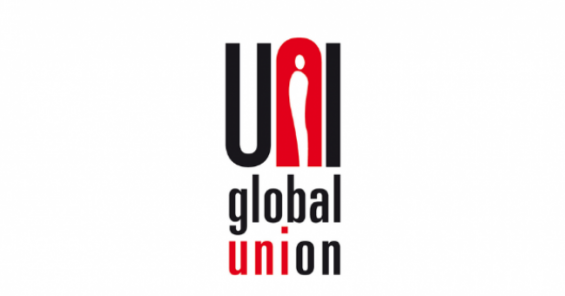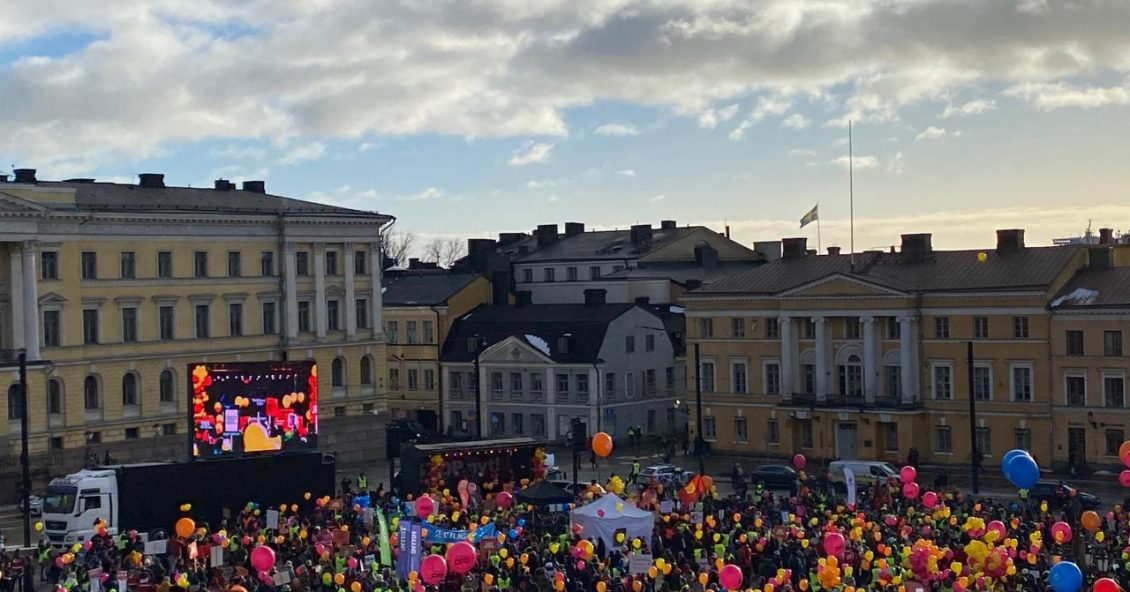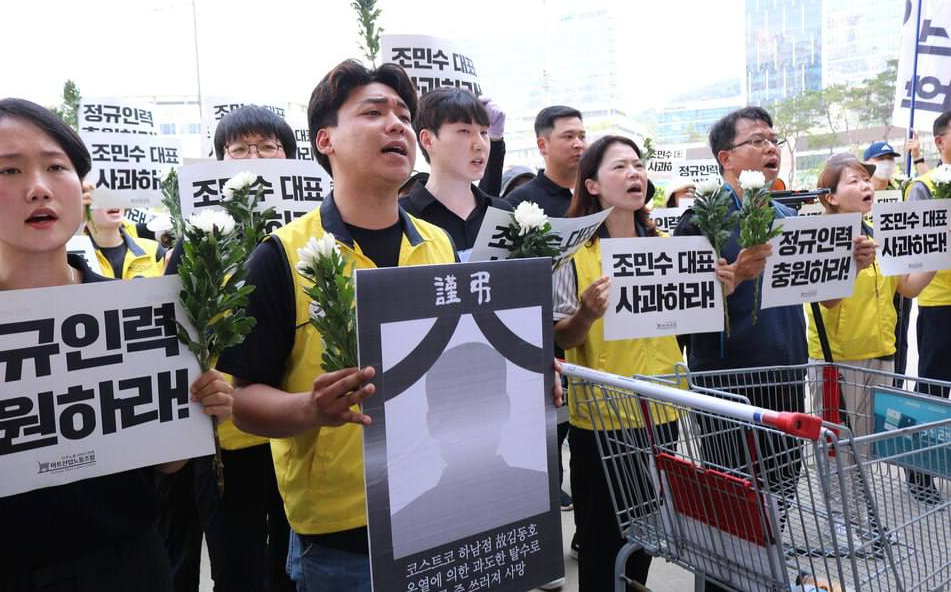Photo copyright Shen Zicheng – Imaginechina
The International Labour Organization’s Global Commission on the Future of Work today launched a report that explores and offers solutions to the world of work in the 21st century. The report draws on the values of the social contract formed as a response to the social and political upheavals after World War One.
UNI Global Union General Secretary, Christy Hoffman said, “A hundred years after its creation, the ILO is more relevant than ever. This report recognizes that we have choices and decisions to make that will ensure that technological advances go hand-in-hand with good jobs. It suggests powerful solutions towards a just transition for workers into the new world of work, part of what the World Economic Forum in Davos is calling Globalisation 4.0. The foundations for a just transition are collective bargaining and freedom of association. The new deal for workers must be based on restoring and modernizing the social contract.
“We do not have to re-invent the wheel, but now is the time for the sort of concerted action, suggested by this report, to take back our economies for workers. Contrary to neoliberal thinking, collective bargaining is a fundamental right and powerful tool for economic success and social justice.”
Philip Jennings, a member of the ILO Commission which produced the report, and the former general secretary of UNI Global, said the report offered a blueprint of a future far from the usual dystopian vision.
“The transformations in business and the world of work have been leaving people behind, but now we have a plan, coming out of this Commission, to put people at the centre. Labour is not a commodity, and the prophets of Uberisation have been put on notice. The Commission’s report shows the way ahead, and now governments and employers alike have to accept their responsibilities,” said Jennings.
Report focuses on investing in the Institutions of Work
The report is a shot in the arm for unions everywhere – for freedom of association, collective bargaining, decent work and improved labour administration and inspection systems. These are the building blocks for a human-centered approach to the future. Here are some of the highlights:
Revitalise collective representation: Collective bargaining has been under attack for many years and the report recognizes that collective representation should be supported through stronger public policies.
- Workers should be free to organise and collective bargaining should be strengthened and expanded
- Wages: UNI welcomes the ILO’s call for improving the wage setting mechanisms, through tripartite discussions and collective bargaining
- Universal Labour Guarantee: Whatever the form of work, the report says there must be a Universal Labour Guarantee for all workers, which ensures the application of fundamental labour rights such as Freedom of Association and collective bargaining, as well as the right to a safe and healthy working environment and a living wage
- Expanding Time Sovereignty: Time management is the new frontier in an age of time poverty and challenge of creating a good life-work balance. Some work too few hours, some have no idea what their working hours will be, and some work excessive and poorly remunerated hours. Rebalancing time-management so that workers have the ability to manage their own time has the potential to transform the quality of people’s lives
Report focuses on technology for decent work
The report calls for what amounts to a Digital Rights Manifesto. Unfettered, digital technologies have the potential to amplify discrimination, inequality and social despair, but they can also be harnessed to serve the interests of the many, not the few. There is a dire need for global conventions that put strong ethical demands on new technologies and curbs monopolies.
The Global Commission brought together 25 experts, including worker group representatives Philip Jennings (the former long-serving general secretary of UNI Global Union 2000-2018), Reema Nanavaty and Luc Cortebeek. The Commission lead by President Ramaphosa of South Africa and Prime Minister Löfven of Sweden spent 18 months producing its independent report after hours of debates including tripartite dialogues in over 110 countries.
For more details on the Global Commission on the Future of Work, follow this link
UNI Global Union, based in Nyon, Switzerland, represents more than 20 million workers from over 150 different countries in the fastest growing sectors in the world – skills and services.



